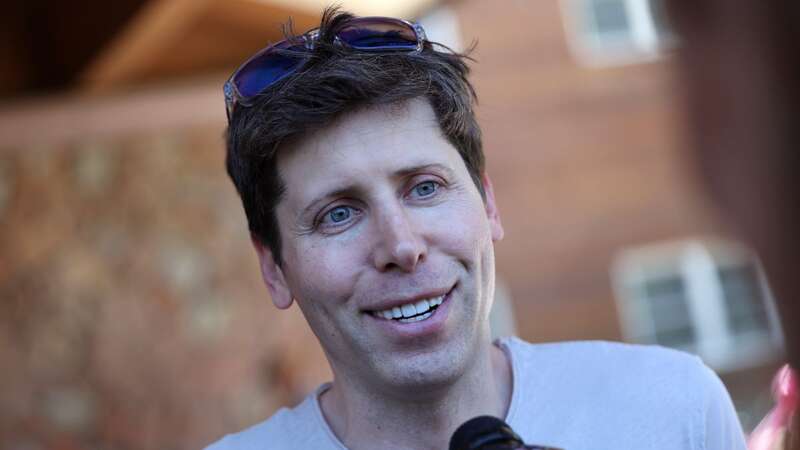
OpenAI's chief executive officer, Sam Altman, has warned of the potential dangers of artificial intelligence.
Speaking at the World Governments Summit in Dubai, he expressed his concerns about "very subtle societal misalignments" that could cause AI systems to wreak havoc. Altman, who was speaking via video call, called for an international body similar to the International Atomic Energy Agency to oversee rapidly advancing AI.
He said: "There’s some things in there that are easy to imagine where things really go wrong. And I’m not that interested in the killer robots walking on the street direction of things going wrong.
"I’m much more interested in the very subtle societal misalignments where we just have these systems out in society and through no particular ill intention, things just go horribly wrong.”
However, he emphasised that AI companies like OpenAI should not be the ones making regulations for the industry. "We're still in the stage of a lot of discussion. So there's you know, everybody in the world is having a conference.
 Artificial intelligence reaches major milestone 'for the first time ever'
Artificial intelligence reaches major milestone 'for the first time ever'
"Everyone's got an idea, a policy paper, and that's OK. I think we're still at a time where debate is needed and healthy, but at some point in the next few years, I think we have to move towards an action plan with real buy-in around the world."
OpenAI, a San Francisco-based artificial intelligence startup, is one of the leaders in the field. Microsoft has invested some $1 billion in OpenAI. The Associated Press has signed a deal with OpenAI for it to access its news archive. Meanwhile, The New York Times has sued OpenAI and Microsoft over the use of its stories without permission to train OpenAI's chatbots.
OpenAI's success has made Altman the public face for generative AI's rapid commercialization - and the fears over what may come from the new technology. The UAE, an autocratic federation of seven hereditarily ruled sheikhdoms, has signs of that risk.
Speech remains tightly controlled. Those restrictions affect the flow of accurate information - the same details AI programs like ChatGPT rely on as machine-learning systems to provide their answers for users. The Abu Dhabi firm G42, overseen by the UAE's national security adviser, is believed to have the world's leading Arabic-language artificial intelligence model.
However, it has faced allegations of spying and secretly gathering genetic material from Americans for the Chinese government. Despite these concerns, G42 plans to cut ties with Chinese suppliers due to American worries. In a discussion with Sam Altman, moderated by the UAE's Minister of State for Artificial Intelligence Omar al-Olama, none of these local issues were addressed.
Altman expressed his optimism about the future of AI in education, despite its current limitations. He compared the current state of AI to the "that very first cellphone with a black-and-white screen." He added: "So give us some time. But I will say I think in a few more years it'll be much better than it is now. And in a decade it should be pretty remarkable."
Read more similar news:
Comments:
comments powered by Disqus































